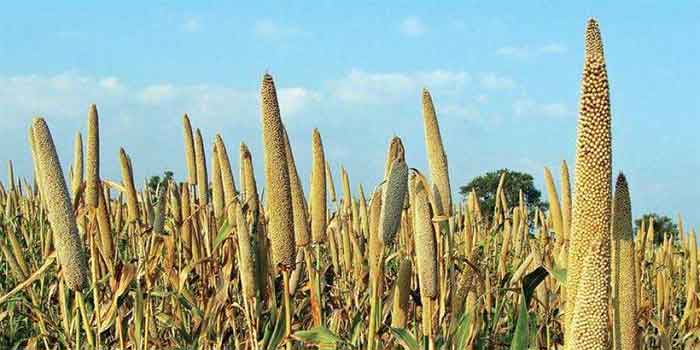
One of the several important aspects of debate on farm and food sector is that there should be more encouragement to increasing production of pulses, oilseeds and millets. This will be very good for nutrition and health of people, good for farm ecology and good for the self-reliance ( atma-nirbharta) of the country as well as its rural communities.
One of the most disturbing aspects of the farm and food scene in India has been the growing dependence on imported edible oils which now meet the bulk of our requirement. Some of this is suspected to be hazardous GM ( genetically modified) oil, even though import of GM food products is not allowed. There is also use of domestic GM oil, based on cottonseed oil from Bt. cotton. Then there is also high use of unhealthy hydrogenated oil, including import component. Since edible oils are an integral part of most cooked food we eat, our entire food system has become unhealthy, leading to rise in serious diseases.
Hence we should give very high priority to increasing production of traditional healthy oilseeds like groundnut, mustard, coconut, sesame seeds (til) etc., which are very well-suited to our nutrition needs as well our agro-ecological needs. Procurement at fair price should be increased very significantly, and village-level processing of oilseeds should be encouraged, and the resulting oilcakes should be saved for our own farm animals instead of being exported. All GM oils sold as edible oils should be declared to be non-edible oils and phased out in such a way as to avoid any sudden disruption of any livelihoods.
Pulses and legume crops are very valuable as staple source of protein in India. These crops are invaluable for maintaining soil health due to their nitrogen fixing abilities. Their presence in mixed cropping systems and rotations is invaluable for soil health. Their production increase should be encouraged, particularly their niche role in mixed systems and rotations, by procuring more at a fair price and in other ways. Their village-level processing should be encouraged to generate more livelihoods.
Millets have been neglected crops for a long time now, yet these are invaluable for their nutrition role as well as their great value in certain agro-ecological conditions in vast parts of our country. Their mixed farming costs very little, but provides high nutrition. In adivasi areas, hilly and desert areas, millet crops are very important and rich traditional knowledge regarding these crops also needs to be protected. These should be encouraged in many ways, including much more procurement at a fair price and their inclusion in public distribution system in a significant way.
Encouragement of pulses, millets and oilseeds will be good not just for areas considered to be less developed areas, but can also be part of the plans to rehabilitate the disrupted ecology and soil health of green revolution areas. In Punjab, for instance, the encouragement of these crops by paying better price and procuring more can be an important part of overall efforts to improve agro-ecology, with special emphasis on improving sol health and conserving water.
Overall the greater encouragement of millets, pulses and traditional oilseeds, because of their great diversity, will contribute much to improving and increasing bio-diversity.
Bharat Dogra is a freelance journalist and author. His latest books include Vimla and Sunderlal Bahuguna—Chipko Movement and the Movement Against Tehri Dam in Garhwal Himalaya.
SIGN UP FOR COUNTERCURRENTS DAILY NEWSLETTER
Related posts:
Related posts:
Views: 0
 RSS Feed
RSS Feed

















 December 20th, 2020
December 20th, 2020  Awake Goy
Awake Goy  Posted in
Posted in  Tags:
Tags: 
















